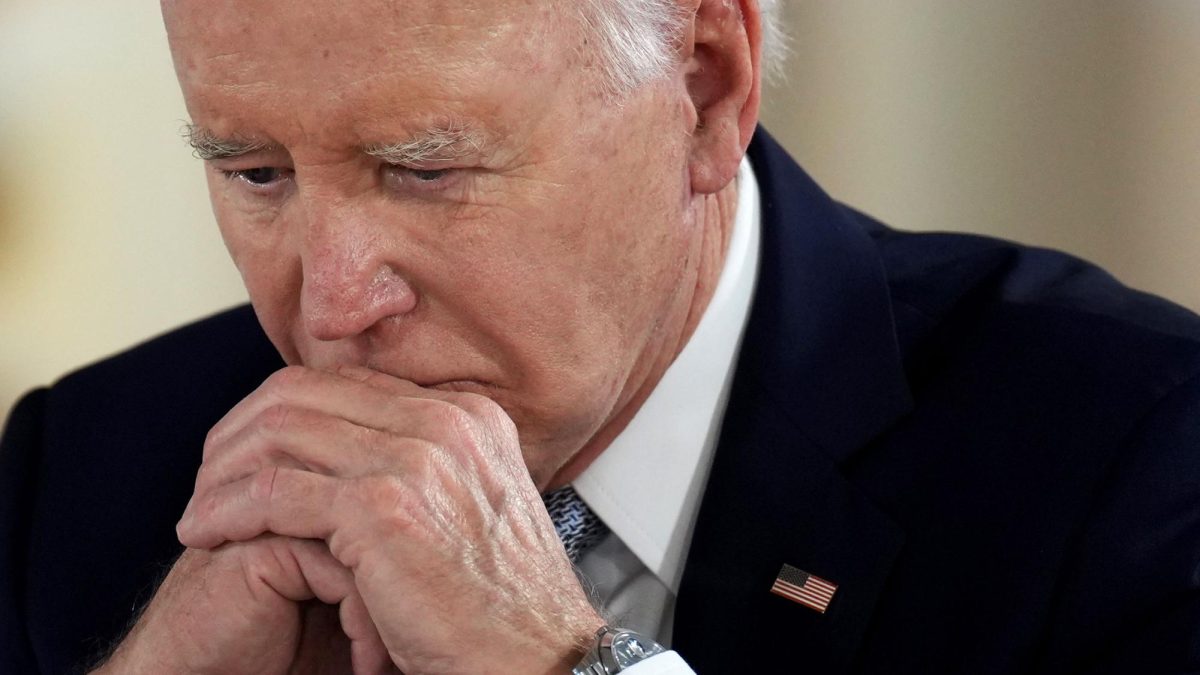Video games have been around now for more than 30 years. However, people are just now beginning to conduct research on the correlation between video games and mental health.
According to the American Psychiatric Association (APA), the unhealthy use of video games could potentially lead to the loss of social relationships, lower levels of interest or engagement in other activities and withdrawal symptoms such as irritability, anxiety, or sadness.
Internet Gaming Disorder, or IGD, has become the term used to describe problematic gaming in online environments. Problematic gaming can be described as being the amount of toxicity in gaming communities and among the players of these communities.
Enrico Gandolfi, an associate professor of educational technology, said that the American Psychiatric Association and the World Health Organization use the term Internet Gaming Disorder as a way to describe the various negative aspects gaming has on mental health such as addiction, increased anxiety when not playing and playing to relieve negative feelings.
There has been an increased interest in gaming addiction, due in part to the extreme popularity of playing video games both on and offline in recent years. The clinical diagnosis of IGD was first introduced in the “Diagnostic and Statistical Manual for Mental Health Disorders, fifth edition” in 2013.
A diagnosis of IGD is suggested on a basis of whether an individual meets five out of nine criteria, including preoccupation with video games, presence of withdrawal symptoms, a need to spend increased time playing video games, unsuccessful attempts at controlling gaming, loss of interest in other hobbies, jeopardizing or losing a relationship and deception of others regarding the amount of online gaming.
Gandolfi said the research on the subject of video games and mental health is very controversial because there is evidence of the benefits playing games can have as well.
“A lot of times, yes there may be significant associations between playing video games and being depressed or socially isolated,” he said. “However, there is also evidence of the opposite. Gaming communities can promote safe spaces for players and have very meaningful experiences for them.’’
Online gaming has been the next era of video gaming, and its consumption has led to millions of players being able to play collaboratively with each other. Research done on the subject has suggested that gaming can cause community bonding among players, an increased sense of creativity and can help players learn empathy by learning how to get along with other players through an online environment.
At the other end of the spectrum, research has shown that gaming in online environments can lead to disruptive behaviors and hostility among players within a gaming community.
“Games can be great, but they can also be bad depending on how we use them, but we need to remember that they’re just tools,” Gandolfi said. “It depends on how we use them and whether we are already predisposed to mental health disorders or not.”
Turan Koptur, an associate professor of animation game design and founder of SquareTableGames, said that parents of young children need to be checking in on them and deciding what games they should and shouldn’t be playing.
“Some parents do not care for their child properly or as much as they should be, and this can ultimately alter a child’s mental state as they grow older,” he said. “In turn, these children do not learn how to discern reality from fiction and games can increasingly take a toll on their mental health.”
Koptur said games should not be blamed for this however, as they are only tools and tools don’t ultimately dictate the well-being of a person’s mental state. There are many outside factors that dictate this and research is still being done on the topic.
“There are good and bad aspects to everything,” he said. “Games can be a way to bond with other people through the use of online gaming, games can be a way to promote stress relief as they allow for you to escape the realities of everyday life and they can even be a way to promote learning and critical thinking.”
Chris Totten, an associate professor of animation and game design, said that playing video games can be used as a way to de-stress and help your mind relax.
“Playing games can be a bad thing if you become addicted in order to escape reality, but generally for the average person this does not happen,” he said. “People use their imagination to escape as a way of dealing with the stressors of everyday life and this can be bad if you have mental illnesses to begin with, but in reality, we all need an escape sometimes.”
Koptur said he had an online friend that was going through chemotherapy due to cancer and playing video games was a way for her to feel happy and escape the reality of her condition.
“Playing video games gives people so many opportunities to experience things they can’t in everyday life,” he said. “And as they continue to develop as technology advances, more research will continue to be done on the different topics that encompass video gaming and mental health.”
Leslie Lundy, the game director and lead designer of SquareTableGames, said that while attending Kent State she did research on topics related to mental health and video games and was able to find out that playing video games has more positive benefits to mental health than negative.
“A lot of people use video games as a way to relax and unwind after a hard day,” she said. “On the flip side, however, people and researchers claim that they harm the mental health of others. A lot of tragedies that happen are tied to video games.”
Lundy said it’s easier to blame violence on video games instead of blaming the perpetrator, who most likely had a mental disorder to begin with.
“I definitely think that the mental health of an individual ultimately dictates the impact a video game has on their actions,” she said. “If you’re a competitive person by nature, then competitive games end up being more stressful than relaxing. Also, if you’re more violent by nature, then playing violent games could potentially trigger violent tendencies.
“The scope of this topic is so broad and ultimately people need to understand that mental health can ultimately be influenced by anything. There is no one size fits all and people are only now becoming more aware of their mental issues and going out of their way to seek help for them,” she said.
Molly Hoffer is digital tech. Contact her at [email protected].




















